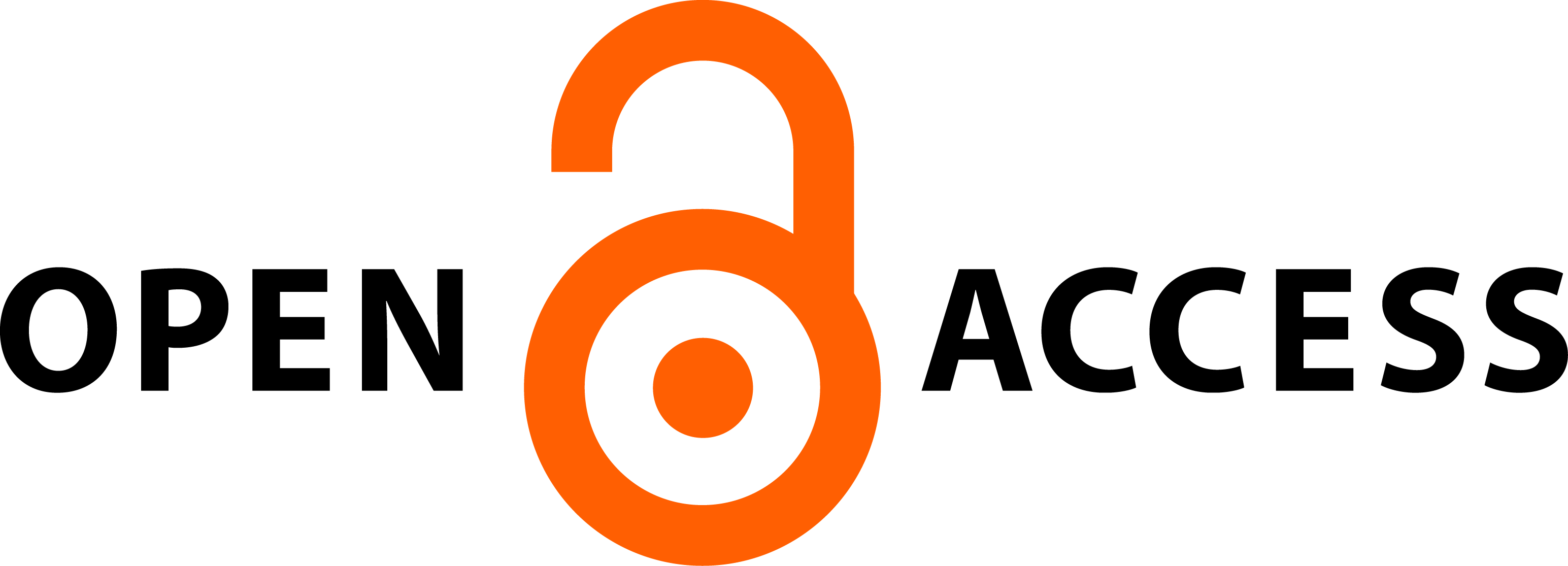Analisis Literasi Keuangan Syariah pada Pemberdayaan Ekonomi UMKM Binaan Bank Indonesia Kantor Wilayah Jawa Timur
DOI:
https://doi.org/10.21154/muslimheritage.v6i2.3131Keywords:
MSME Empowerment, Sharia Financial Literacy, Blueprint for Sharia Economy and Finance.Abstract
Abstract
The lack of understanding of SMEs on financial management led to a lack of clear and unstructured financial statements and impacted the stalled expansion of SMEs. This needs to be done in a particular study related to financial literacy. This study aims to analyze the level of Islamic financial literacy by understanding financial knowledge, financial attitude and financial behavior in SMEs assisted by Bank Indonesia Regional Representative Office of East Java. The data is qualitatively descriptively studied with a naturalistic approach. Data collection is conducted by interviewing informants and Bank Indonesia East Java Representative Office in charge of the empowerment function of SMEs. The research results obtained are an understanding of the factors that influence MSMEs to know and practice the science of Sharia financial literacy which is also part of Bank Indonesia's mission in the Sharia Economic and Financial Blueprint. To improve sharia financial literacy and make it easier for SMEs to increase their business to achieve an empowered economy. In addition, the application of Sharia financial literacy is not only in terms of knowledge about Islamic financial institutions but also in business beliefs and behaviors, especially financial management based on Shariah. So that the thing that needs to be focused on in the empowerment of sharia financial literacy of SMEs is the habituation factor and the improvement of mindset. Because economic empowerment is not only about product improvement and marketing but also in terms of financial literacy, especially Sharia financial literacy.
Abstrak
Minimnya uraian UMKM terhadap pengelolaan keuangan menimbulkan kurang jelas serta tidak terstrukturnya laporan keuangan dan berakibat pada terhambatnya perluasan UMKM. Perihal ini butuh dicoba kajian eksklusif berkaitan dengan literasi keuangan. Kajian ini memiliki tujuan guna melaksanakan analisis tingkatan literasi keuangan syariah lewat uraian financial knowledge, financial attitude serta financial behavior kepada UMKM yang dibina oleh Bank Indonesia Kantor Wilayah Jawa Timur. Informasi dikaji secara kualitatif deskriptif dengan pendekatan naturalistik. Pengumpulan informasi dicoba dengan mewawancarai informan dan dari pihak Bank Indonesia Kantor Perwakilan Jawa Timur yang bertugas pada tugas pemberdayaan UMKM. Hasil riset yang diharapkan yakni menciptakan jawaban menimpa aspek yang pengaruhi UMKM guna lebih paham terhadap literasi keuangan syariah, perihal ini sesuai misi Bank Indonesia yang tertulis di Cetak Biru Ekonomi serta Keuangan Syariah sehingga UMKM mampu memperkuat daya saing. Dalam menerapan literasi keuangan syariah tidak hanya perihal pengetahuan lembaga keuangan syariah melainkan juga mengenai rasa percaya serta perilaku utamanya dalam hal pengelolaan keuangan berdasarkan ketentuan syariah. Oleh karena itu dalam pemberdayaan literasi keuangan syariah ini UMKM perlu fokus pada faktor pembiasaan perilaku dan perbaikan mindset mengenai literasi keuangan khususnya literasi keuangan syaria
Downloads
Published
Issue
Section
License
Requirements to be met by the author as follows:
- Author storing copyright and grant the journal right of first publication manuscripts simultaneously with licensed under the Creative Commons Attribution License that allows others to share the work with a statement of the work's authorship and initial publication in this journal.
- Authors can enter into the preparation of additional contractual separately for non-exclusive distribution of a rich version of the journal issue (eg:post it to an institutional repository or publish it in a book), with the recognition of initial publication in this journal.
- Authors are allowed and encouraged to post their work online (eg, in institutional repositories or on their website) prior to and during the submission process, because it can lead to productive exchanges, as well as citations earlier and more severe than published works. (see The Effect of Open Access).

















